Joyce Yarrow was born in the Bronx and now lives in Seattle. She has worked as a screenwriter, singer-songwriter, multimedia performance artist, and is a member of the world music vocal ensemble, Abráce. Joyce is a Pushcart nominee, whose stories and poems have been widely published. Her latest book, Zahara and the Lost Books of Light, is a historical novel with elements of magic realism, mystery and suspense.
*
Like a poet who decides on a title after having written her lines, I tend to name the characters in my novels only after spending some quality time together. This behavior might have its roots in how angry I was with my father for continuing to call our cat, “Cat,” even after we adopted the bedraggled feline off the street. Cat expressed his resentment of this generic name by curling his body tightly around Dad’s ankles, biting, scratching, and hanging on tight. I don’t think one of my characters would do that to me, but I’m not taking any chances.
At the age of seven or eight, my goal was to grow up to be a veterinarian. I don’t think anyone in our house knew I had an imaginary vet’s office in my bedroom, since all the files were hidden inside the kid’s roll-top desk I used for homework. I gave all the animals I treated names and they each had their own index card denoting their condition.
My favorite literary character at the time was Robin Hood, who we all know operated under an alias. He was a pretty good liar too and could take on any identity or title he chose—master archer, lord of the manor, even valet to the king, just so long as his purpose and cause was just. Wow, I thought. A writer can do all that too without being chased through Sherwood Forest in fear for your life. And that’s when I began to make things up in earnest.
My first stories were populated by the neighborhood kids who I ran with in a small pack after school. We were a bit like Robin Hood’s band in that if anyone had any coins in their pocket they were confiscated immediately to be spent at the corner store on candy that we all shared. This was the law of the land on my block and I was in for a rude shock when Mom and I moved to a more middle class neighborhood. Because in the West Bronx, sharing was frowned upon and name-calling was not. The first time I heard the ‘n’ word, I promptly slapped the mouth of the boy who uttered it, wiping the smirk off his face. This earned me some respect and, more importantly, showed me what was meant by “these are fighting words.”
In my teens, I switched from writing stories to singing socially conscious folk songs along with the operatic arias that filled the halls of the High School of Music & Art. I set one of William Blake’s poems to music on my guitar and then ventured to write some verses of my own. Like so many wordsmiths before me, it was my turn to fall in love with the sound as well as the meaning of words. I now had a name to call myself – poet.
Riding the bus through Manhattan’s more funky neighborhoods, I scribbled lines of blank verse in my school notebook. To my astonishment, eleven of my The Bus Poems were published in Niobe Magazine while I was still in my teens. Here’s a little taste:
I ride on the bus
and he eats peanuts
behind me
singing to himself
we pass White Towers
with a blue hood
hiding him from me I
get off crunch
it’s raining
and I forget
to buy breakfast
That first success cushioned the many blows of rejection that came my way when I entered the writing world in earnest. It wasn’t the actual printed paper and ink that buoyed my spirits. It was the opportunity to meet other poets, many of whom lived in the Lower East Side and welcomed me as one of them, even at my tender age. One of these friends went behind my back to submit my work to a literary rag (that’s what we called them in those days) that showed up in my mailbox on a particularly depressing day. Not until I browsed through Ghost Dance did I recognize my own poems on the pages following The Poet’s Muse, by the now legendary Charles Bukowsksi. I had no idea who he was.
For many years, I preferred the power of brevity, as wielded by poetry and song lyrics, to the torrent of words required to fill a novel. I may have added ‘author’ to my list of identifiers but I still try to keep my sentences short. And I’ve given up trying to classify myself as a writer. It’s hard enough living up to “human being” and after all, what’s in a name?
*
photographer: Jenny Boyle

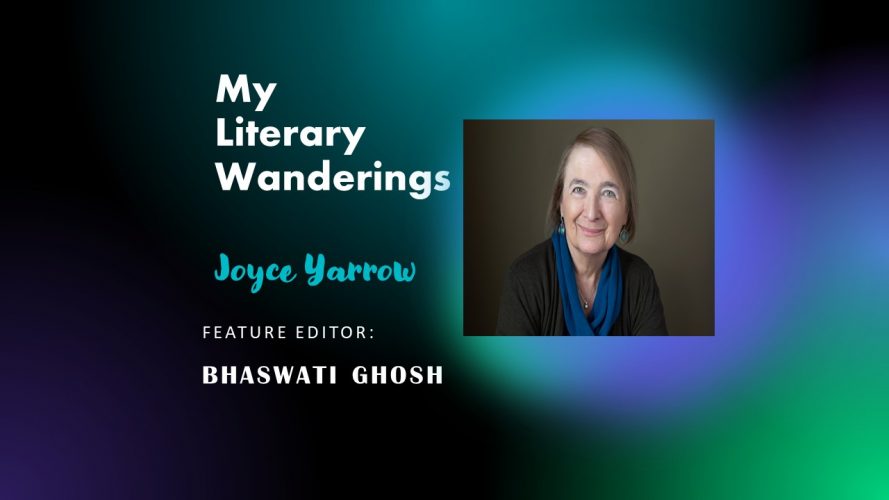

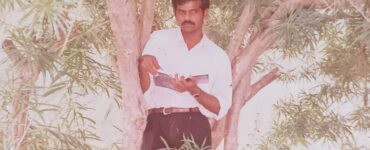
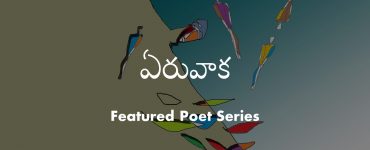

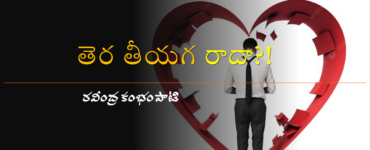

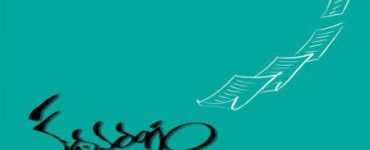
Wonderful words ❤️.Loved reading them . Write on ,Joyce Yarrow.
Wow